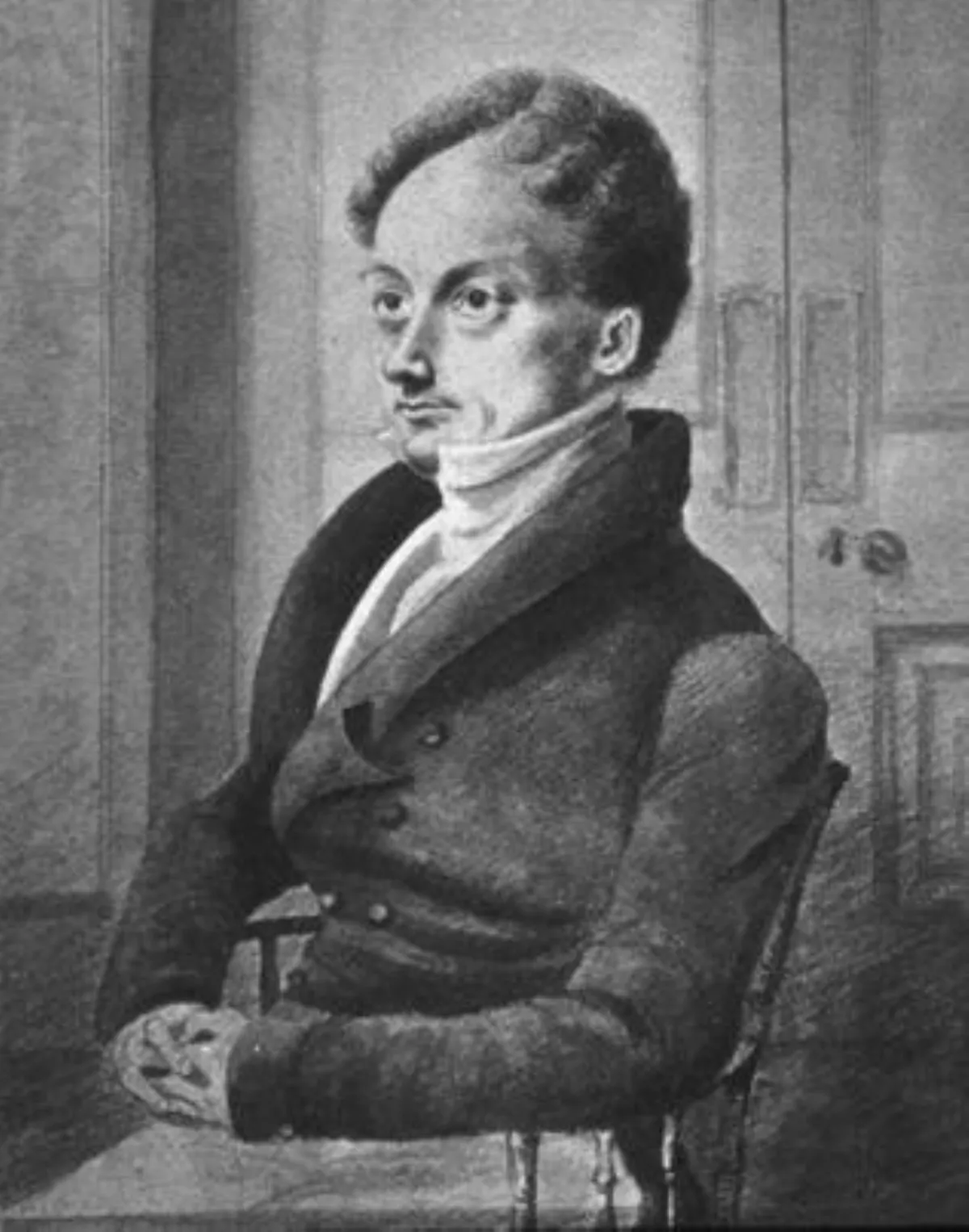 1.
1. James Mill is counted among the founders of the Ricardian school of economics.

 1.
1. James Mill is counted among the founders of the Ricardian school of economics.
James Mill wrote The History of British India and was one of the prominent historians to take a colonial approach.
James Mill was the first writer to divide Indian history into three parts: Hindu, Muslim and British, a classification which has proved surpassingly influential in the field of Indian historical studies.
James Milne, later known as James Mill, was born in Northwater Bridge, in the parish of Logie Pert, Angus, Scotland, the son of James Milne, a shoemaker and small farmer.
James Mill then entered the University of Edinburgh, where he distinguished himself as a Greek scholar.
James Mill adopted Bentham's principles in their entirety, and determined to devote all his energies to bringing them before the world.
James Mill wrote on Spanish America, China, Francisco de Miranda, the East India Company, and freedom of the press.
James Mill made powerful onslaughts on the Church in connection with the Bell and Lancaster controversy, and took a part in the discussions that led to the foundation of the University of London in 1825.
From 1824 to 1826, James Mill contributed a number of articles to The Westminster Review, the organ of the Radical party, in which he attacked the Edinburgh and the Quarterly Reviews, and the ecclesiastical establishment.
From 1831 to 1833, James Mill was largely occupied in the defence of the East India Company, during the controversy attending the renewal of its charter, he being in virtue of his office the spokesman of its Court of Directors.
James Mill's last published book was the Fragment on Mackintosh.
James Mill was a proponent of British imperialism, justifying it on utilitarian grounds.
James Mill considered it part of a civilising mission for Britain to impose its rule on India.
James Mill saw his own work for the East India Company as important for the improvement of Indian society.
James Mill portrayed Indian society as morally degraded and argued that Hindus had never possessed "a high state of civilisation".
James Mill preferred to take a more theoretical approach to social subjects than the empirical one common at the time.
James Mill's best known literary work is his History of British India, in which he describes the acquisition of the Indian Empire by England and later the United Kingdom.
James Mill brings political theory to bear on the delineation of the Hindu civilization, and subjects the conduct of the actors in the successive stages of the conquest and administration of India to severe criticism.
James Mill never visited the Indian colony, relying solely on documentary material and archival records in compiling his work.
James Mill played a great part in British politics, and was a dominant figure in the establishment of what was called "philosophic radicalism".
James Mill took up the problems of mind very much after the fashion of the Scottish Enlightenment, as then represented by Thomas Reid, Dugald Stewart and Thomas Brown, but made a new start, due in part to David Hartley, and still more to his own independent thinking.
James Mill carried out the principle of association into the analysis of the complex emotional states, as the affections, the aesthetic emotions and the moral sentiment, all which he endeavoured to resolve into pleasurable and painful sensations.
James Mill had a great effect on Franz Brentano who discussed his work in his own empirical psychology.